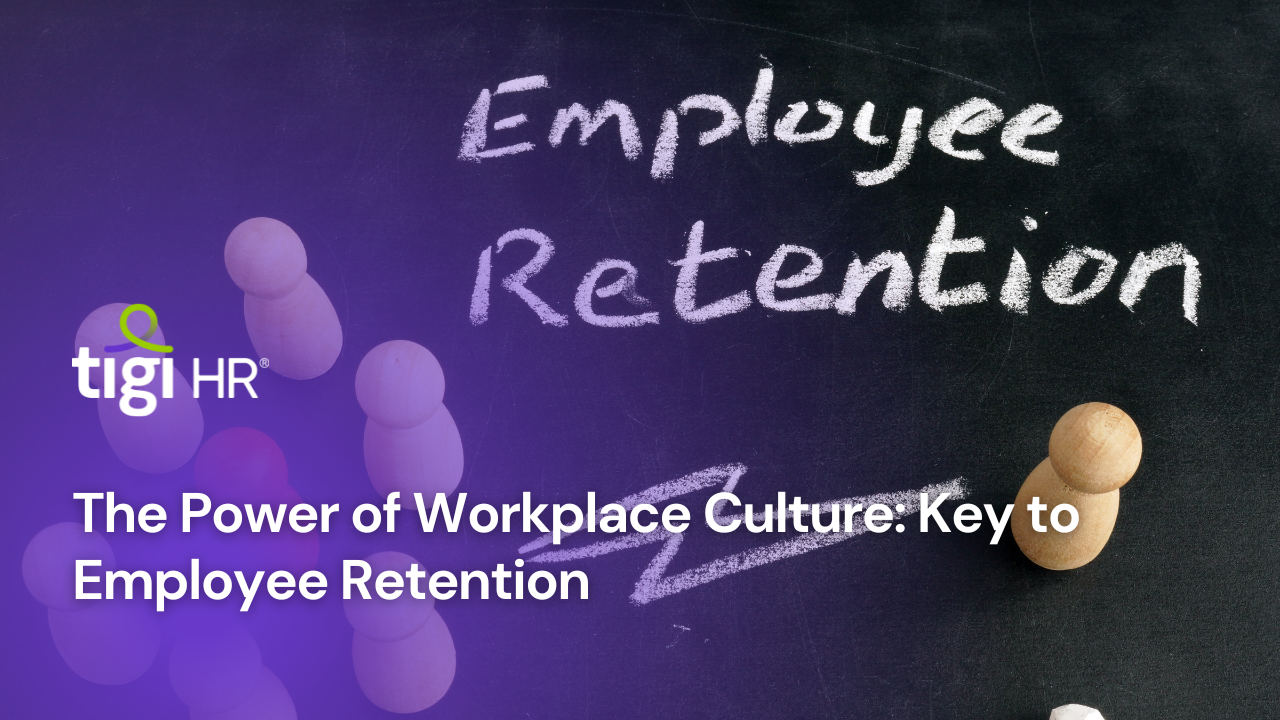In the contemporary professional realm, fostering a vibrant workplace culture has emerged as a cornerstone for not only attracting top talent but also retaining it. This article delves into the significance of workplace culture as a driving force behind employee retention, exploring its multifaceted impact on organizational success and longevity.
Understanding Workplace Culture
Workplace culture encapsulates the values, beliefs, behaviors, and interactions that define an organization. It sets the tone for the work environment, influencing employee morale, engagement, and overall satisfaction. According to recent surveys, approximately 94% of executives and 88% of employees believe that a distinct workplace culture is critical for business success.
Impact on Employee Retention
- Enhanced Engagement and Morale: A positive workplace culture fosters a sense of belonging and purpose among employees. Studies reveal that engaged employees are 59% less likely to seek new job opportunities.
- Improved Employee Satisfaction: A culture that aligns with employees’ values and aspirations significantly contributes to their satisfaction levels. Research suggests that 65% of employees consider company culture a crucial factor in job satisfaction.
- Reduced Turnover Rates: A strong culture cultivates loyalty and commitment, reducing turnover rates. Companies with a robust culture experience 13.9% turnover, while those with weaker cultures face a turnover rate of 48.4%.
Elements of a Strong Workplace Culture
- Clear Vision and Values: Articulating a clear mission and core values establishes a guiding framework for the organization. Employees resonate with a purpose-driven culture, aligning themselves with the company’s vision.
- Effective Leadership: Leadership plays a pivotal role in shaping culture. Authentic and inclusive leadership fosters trust, transparency, and open communication, nurturing a positive work environment.
- Employee Well-being and Work-Life Balance: Prioritizing employee well-being, offering flexibility, and supporting work-life balance initiatives contribute to a culture that values its employees’ holistic welfare.
- Continuous Learning and Development: Cultures that promote learning and growth attract and retain ambitious talent. Investing in employee development programs demonstrates a commitment to their professional advancement.
Cultivating a Strong Workplace Culture
- Lead by Example: Leadership sets the cultural tone. Encouraging cultural values through actions, recognizing and rewarding behaviors that align with the culture, and fostering an inclusive environment are imperative.
- Communicate and Seek Feedback: Open and transparent communication channels enable employees to contribute to shaping the culture. Regular feedback mechanisms ensure continuous improvement aligned with employee expectations.
- Promote Diversity and Inclusion: Embracing diversity fosters innovation and inclusivity, enriching the workplace culture. Organizations with diverse teams are 35% more likely to outperform their competitors.
The Role of Remote Work in Culture
The rise of remote work has necessitated a reevaluation of culture-building strategies. Virtual team-building activities, digital communication platforms, and inclusive policies for remote workers are integral in maintaining a cohesive culture in distributed work environments.
Measuring and Evolving Culture
Quantifying the impact of workplace culture involves assessing employee satisfaction, engagement levels, and retention rates. Regular surveys, feedback mechanisms, and performance metrics aid in identifying areas for improvement and evolution.
Conclusion: The Future of Workplace Culture
In an era where talent retention is a competitive advantage, a robust workplace culture emerges as the linchpin. Embracing a culture that resonates with employees not only attracts top talent but also fosters an environment where individuals thrive, contribute meaningfully, and remain committed to the organization’s success.
In essence, nurturing a strong merely a checkbox; it’s a strategic investment that yields significant returns in the form of talent retention, employee satisfaction, and organizational prosperity. It is the bedrock upon which successful and enduring companies are built, shaping the future of work in a rapidly evolving landscape.





